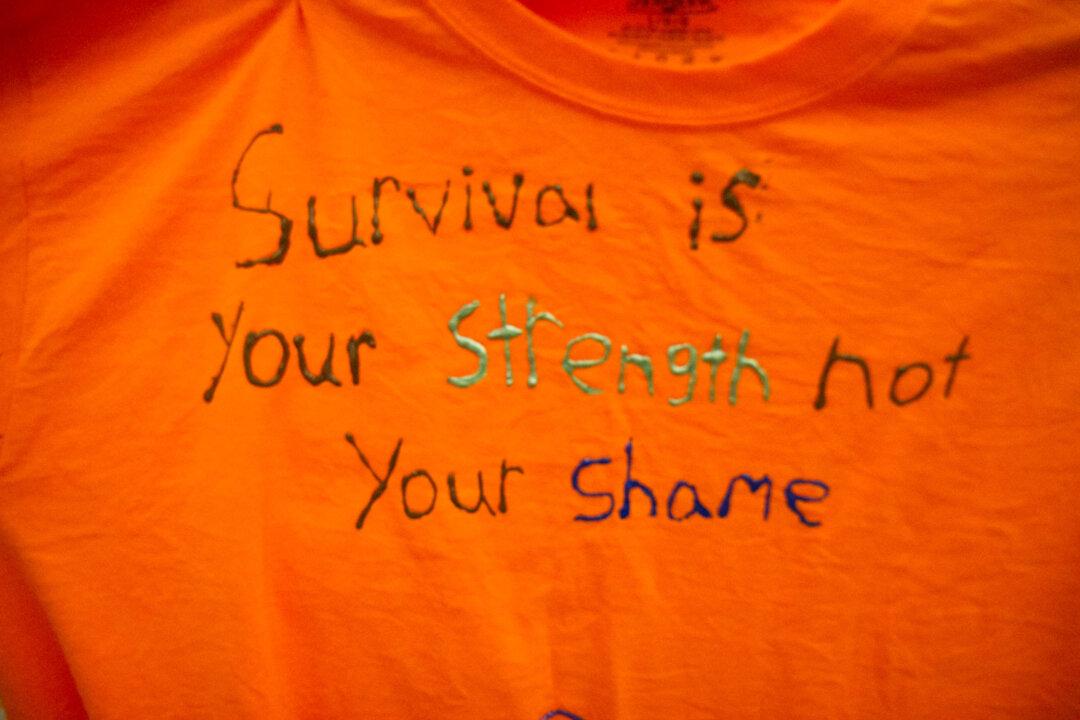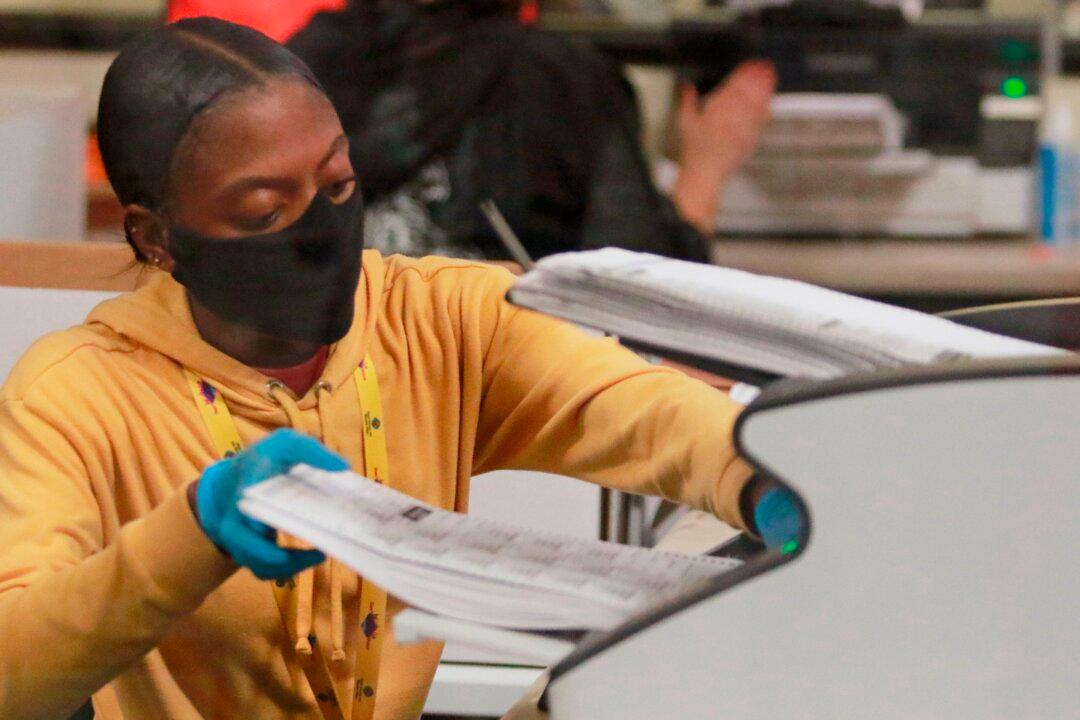Organizations that provide support for victims of domestic violence gathered for the kick off of a collection drive on Sept. 19 at the Monrovia Community Center near Los Angeles, hosted by Kaiser Permanente Baldwin Park. Items being requested included supplies such as toiletries, children’s school supplies, and toys for families fleeing from domestic violence.
Donations can be dropped off at Kaiser Permanente facilities in Baldwin Park, Diamond Bar, Montebello, San Dimas, and West Covina.





